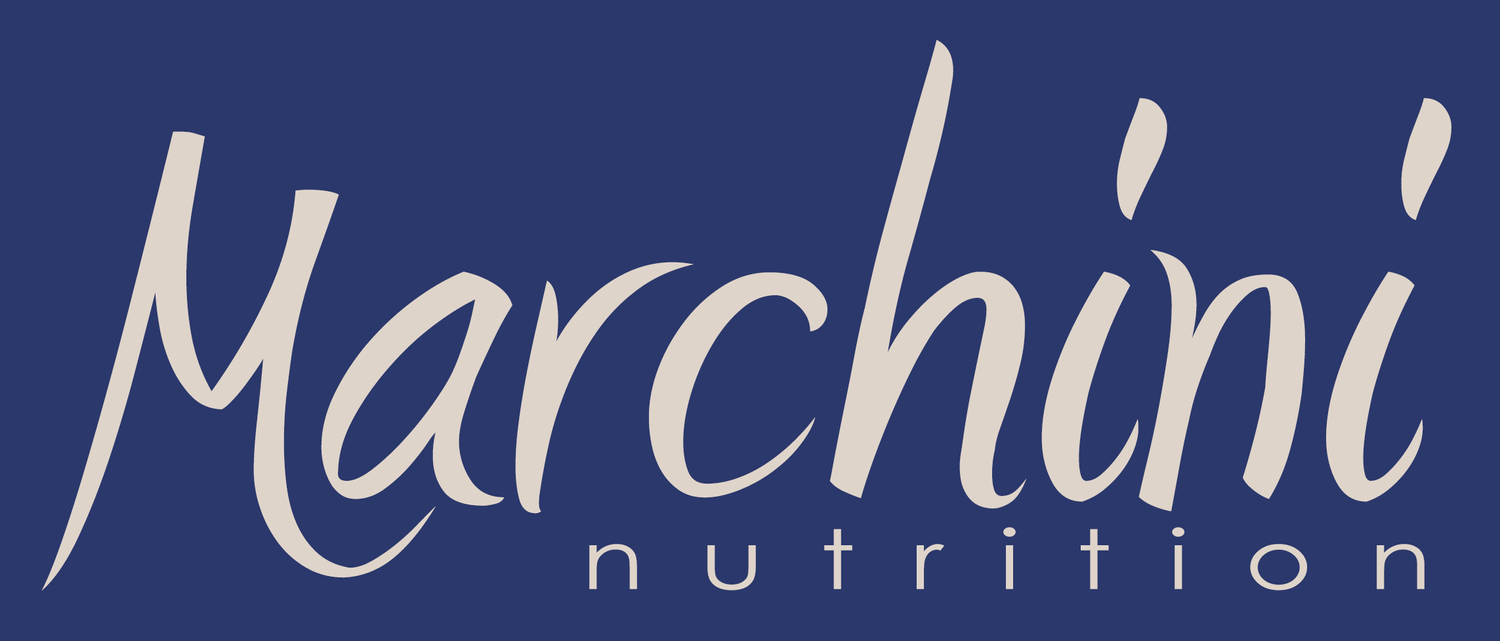Counting Your Coffees - do you know the facts?
Are you feeling exhausted with your pregnancy, but unsure about whether it’s safe to include caffeinated drinks to help boost you? You may have heard that it may not be great, but what actually are the facts?
Do you know how much is too much, and are you having too much? Should you cut it out all together?
How much is too much?
It is recommended that 200mg or less of caffeine per day may significantly reduce the risk of adverse birth and pregnancy outcomes associated with caffeine intake.
This table will help you to work out how you might add up to your 200g. We’re certainly not recommending the energy or soft drinks lol, but some of these might sneak into your day without you realising.
Dose Amount of caffeine
1 teaspoonful of instant coffee 60mg
1 cup coffee (200ml) 100mg
1 shot espresso 90mg
1 black tea teabag 50mg
1 green tea teabag 30mg
Energy drinks 110mg
Cola soft drinks 40mg
60g milk or dark chocolate 30-40mg
What could go wrong?
Several studies that suggest that caffeine consumption during pregnancy may cause foetal growth restrictions, which are known to have detrimental impacts on foetal development.
One recent review depicts that caffeine intake during pregnancy may increase the baby’s risk of having a low birth weight. Authors commented that low birth weight infants may experience excess growth during infancy, childhood obesity and chronic disease later in life.
What did Margaret do?
Many women actually develop an aversion to coffee and even tea during pregnancy, but Margaret was not one of those. We were able to help with supporting her to cut down on her 4+ cups of coffee each day by providing alternative ideas that fitted with her tastes and habits. She was down to two or less within a week of her visit. Margaret was pleasantly surprised how good decaffeinated coffee tasted nowadays as she used to think it was nasty.
What could you drink instead?
An easy swap for coffee is decaf coffee and just swapping to tea may also be enough for you. You may find some herbal teas are quite tasty, and if you’re suffering with morning sickness many find the lemon and ginger flavoured one can make a big difference. Of course, there’s always water and carbonated water, and if you want some flavour why not try the cold water tea bags which are caffeine free. Milk-based drinks and even the nut-milks can be a good option too. If these ideas don’t appeal to you, check with your dietitian for more ideas.
How are you managing?
Are you having more than your two cups of coffee or three to four cups of tea? What are you substituting the extra ones for?
Call us to chat on 0249710770, remembering that we can arrange TeleHealth consults if you're too busy or live too far away.
Accredited Practising Dietitian Sally Marchini at Marchini Nutrition is one of the specialist dietitians from the Australia-wide network Nutrition Plus who offer more than just nutrition advice - they offer experience, problem solving, understanding and most importantly compassion to assist you on your health journey in preconception, pregnancy, postnatally and for specific health concerns. Sally can be contacted via her website www.marchininutrition.com, the Nutrition Plus website www.nutritionplus.com.au, by telephone on 02-4971-0770, or by email at sally@marchininutrition.com
(1) Adherence to the Caffeine Intake Guideline during Pregnancy and Birth Outcomes: A Prospective Cohort Study, by Amy Peacock et al., Nutrients 2018, 10(3), 319; ttps://doi.org/10.3390/nu10030319
(2) Maternal caffeine intake during pregnancy and childhood growth and overweight: results from a large Norwegian prospective observational cohort study, by Eleni Papadopoulou et al., BMJ Open 2018;8:e018895. doi: 10.1136/bmjopen-2017-018895


